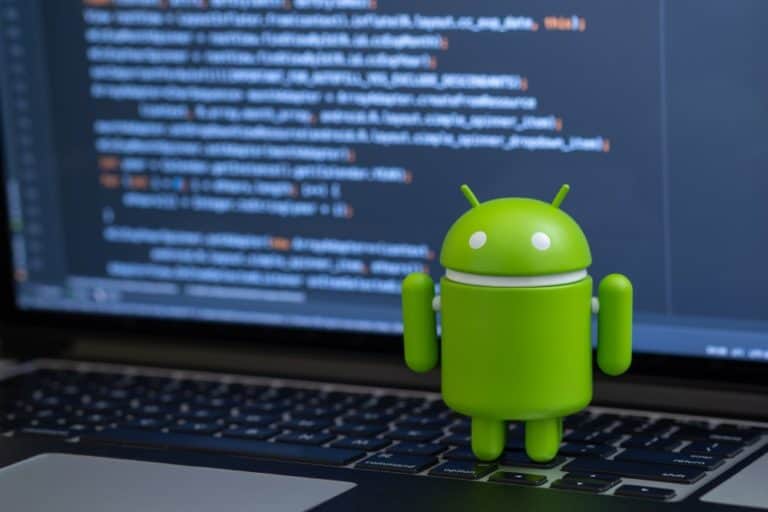New Android malware has been discovered that has a major impact on the battery of an infected device. The malware also uses a lot of mobile data to carry out advertising fraud. DrainerBot spreads through infected apps that have been downloaded millions of times.
The new malware was discovered by Oracle and distributed via a number of apps. The infected apps have been removed from the Google Play Store since the company discovered the malware. These included apps such as Draw Clash of Clans, Perfect365, Touch n Beat and VertexClub. Oracle researchers claim that all these apps had been downloaded more than ten million times.
Mobile ad scam
The apps are part of a mobile ad scam. The infected apps run fraudulent and invisible video ads on the infected devices. The DrainBot malware then reports to the advertising network that the video was shown on a legitimate site or app. The developers of the malware then make money with this.
But because these are invisible advertisements, that is of course not true. The user sees nothing. However, it does notice that its battery is draining more quickly. This is also because the malware uses more than ten gigabytes of mobile data per month. According to Eric Roza, one of the managers of Oracle Data Cloud, DrainBot is one of the first major advertising fraud that causes noticeable and direct financial damage to consumers.
Slow devices
Apps infected with DrainBot cost, according to Roza users, potentially hundreds of dollars in mobile data usage bills and make devices a lot slower. We look forward to working with companies across the advertiser’s digital ecosystem to identify, expose and counteract this and other emerging forms of advertising fraud.
The researchers state that the apps were distributed by a Dutch company called Tapcore. This helps other companies to prevent illegal versions of their apps. Tapcore denies the allegations in a blog post and states that it is extremely surprised and alarmed by these allegations. Tapcore has started an internal investigation to find out if its software may have been misused.
This news article was automatically translated from Dutch to give Techzine.eu a head start. All news articles after September 1, 2019 are written in native English and NOT translated. All our background stories are written in native English as well. For more information read our launch article.